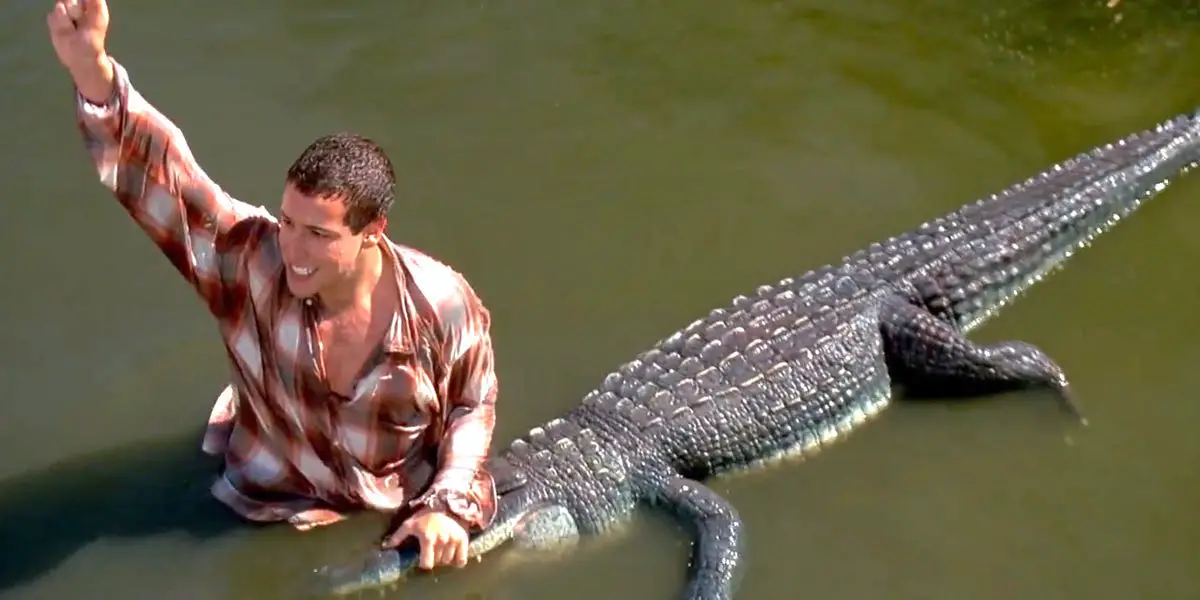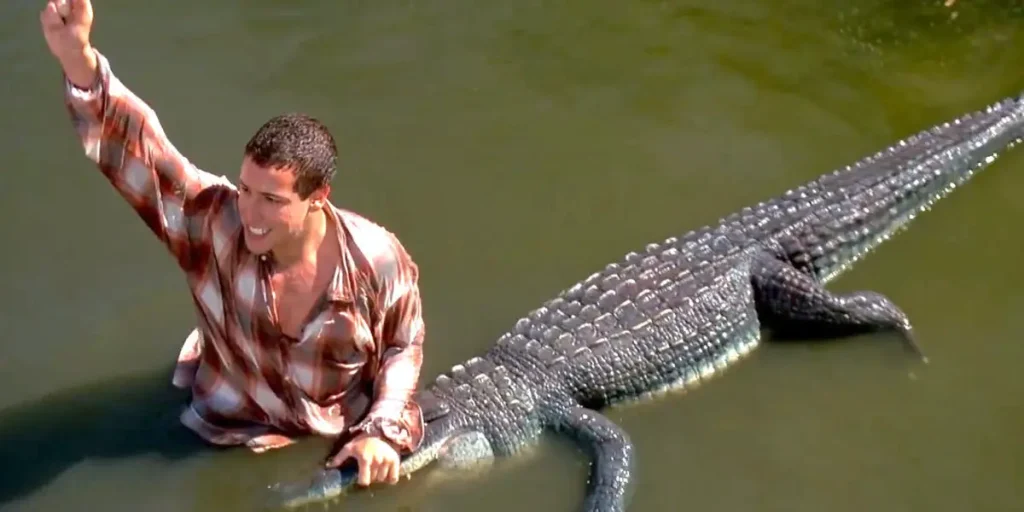Alligators are one of the most feared creatures in the world, with their sharp teeth and powerful jaws that can easily crush bones. Many people wonder if alligators attack humans, and the answer is not so straightforward. While alligators are known to attack humans, it is not a common occurrence, and most attacks can be prevented with proper precautions.
Alligators are found in many parts of the world, and they have been known to attack humans in the past. However, it is important to note that these attacks are relatively rare, and most alligator encounters do not result in an attack. Understanding the behavior of alligators and taking proper precautions can help reduce the risk of an attack and ensure that both humans and alligators can coexist peacefully.
Alligators have been known to attack humans, but such incidents are rare. According to the Florida Fish and Wildlife Conservation Commission, there have been 401 documented alligator attacks on humans in Florida since 1948, with 25 resulting in fatalities. Alligators typically avoid humans, but it’s important to exercise caution when in or near their habitat.

Do Alligators Attack Humans?
Alligators are one of the most feared predators in the world. With their sharp teeth and powerful jaws, they have the ability to cause serious harm to humans. But do alligators attack humans? In this article, we will explore this question and provide you with all the information you need to know.
History of Alligator Attacks
Alligator attacks on humans have been documented for centuries. The earliest recorded incident occurred in 1825 when a young boy was killed by an alligator in Florida. Since then, there have been numerous cases of alligator attacks on humans, with some resulting in fatalities. Florida has the highest number of alligator attacks in the United States, with an average of 10 per year.
Despite the high number of attacks, it is important to note that alligators do not actively seek out humans as prey. Most attacks occur when humans unknowingly enter their territory or when alligators feel threatened. In fact, alligators are more likely to be afraid of humans and will usually try to avoid them.
To minimize the risk of alligator attacks, it is important to be aware of their habitat and behavior. Alligators are most active during the warmer months and are usually found near bodies of water such as rivers, lakes, and swamps.
Factors That Increase the Risk of Alligator Attacks
Although alligators do not actively seek out humans as prey, certain factors can increase the risk of an attack. These factors include:
- Being near the water during alligator feeding times
- Being in or near the water during the alligator breeding season
- Attempting to feed or interact with an alligator
- Swimming in areas where alligators are known to live
It is important to remember that alligators are wild animals and should be treated with caution and respect. If you encounter an alligator, it is best to keep a safe distance and avoid any interactions.
What to Do if You Encounter an Alligator
If you encounter an alligator, it is important to remain calm and avoid any sudden movements. Alligators have excellent hearing and can be easily startled. If possible, slowly back away from the alligator and give it plenty of space.
If you are attacked by an alligator, the best defense is to fight back. Alligators have a strong bite, but their jaws are not very strong when it comes to opening them. If an alligator bites you, try to pry its jaws open using a stick or any other available object.
Conclusion
In conclusion, alligators do attack humans, but it is important to remember that these attacks are rare. Alligators are wild animals and should be treated with caution and respect. By being aware of their habitat and behavior, you can minimize the risk of an alligator attack. If you do encounter an alligator, remain calm and give it plenty of space to avoid any potential risks.
Frequently Asked Questions
What should I do if I encounter an alligator?
If you happen to come across an alligator, it’s important to keep your distance. Never approach or attempt to feed the alligator, as this can provoke an attack. If the alligator is blocking your path, wait for it to move along on its own or seek assistance from a professional wildlife management team.
If the alligator begins to approach you, run away in a straight line as quickly as possible. Alligators are fast on land, but they tire easily. Do not attempt to climb trees or swim away, as alligators are strong swimmers and can easily catch up to you in the water.
What attracts alligators to human activity?
Alligators are attracted to human activity for a variety of reasons, including the presence of food, water, and shelter. They are especially drawn to areas where people fish or dispose of fish scraps, as well as areas with standing water or marshy vegetation.
Alligators may also become accustomed to humans in certain areas, which can lead to a higher risk of attacks. It’s important to always be aware of your surroundings and avoid areas with known alligator activity.
Can alligators distinguish between humans and other prey?
Alligators are not able to distinguish between humans and other prey in the same way that humans can. They rely on their sense of smell, movement, and vibration to detect potential prey, and may attack if they feel threatened or provoked.
However, alligators are more likely to attack small or vulnerable prey, such as dogs or children, due to their size and speed. It’s important to keep pets on a leash and supervise children near alligator habitats.
What is the likelihood of an alligator attack?
Alligator attacks on humans are relatively rare, but they can occur in areas where humans and alligators overlap. According to the Florida Fish and Wildlife Conservation Commission, there have been an average of 7 unprovoked alligator attacks per year in the state of Florida over the past decade.
However, the risk of an attack can be minimized by following proper safety guidelines and avoiding areas with known alligator activity.
What should I do if I’m bitten by an alligator?
If you are bitten by an alligator, seek medical attention immediately. Alligator bites can be severe and may require surgery or other medical treatment.
While waiting for medical assistance, try to keep the affected area as still as possible and apply pressure to stop any bleeding. Do not attempt to remove the alligator’s jaws from the wound, as this can cause further injury.
5 Alligator Attacks that will TRAUMATIZE you
In conclusion, it is important to note that alligators are dangerous predators that have been known to attack humans in certain situations. While attacks on humans are relatively rare, they can happen if people venture too close to alligators or disturb them in their natural habitat.
Despite their fearsome reputation, alligators are an important part of the ecosystem and play a vital role in maintaining the balance of their habitats. It is important to respect these creatures and avoid interacting with them whenever possible.
Finally, it is important for people to educate themselves about alligators and their behavior in order to stay safe in areas where they are known to live. By understanding their habits and taking appropriate precautions, we can coexist with these magnificent creatures in a way that benefits both humans and alligators alike.


